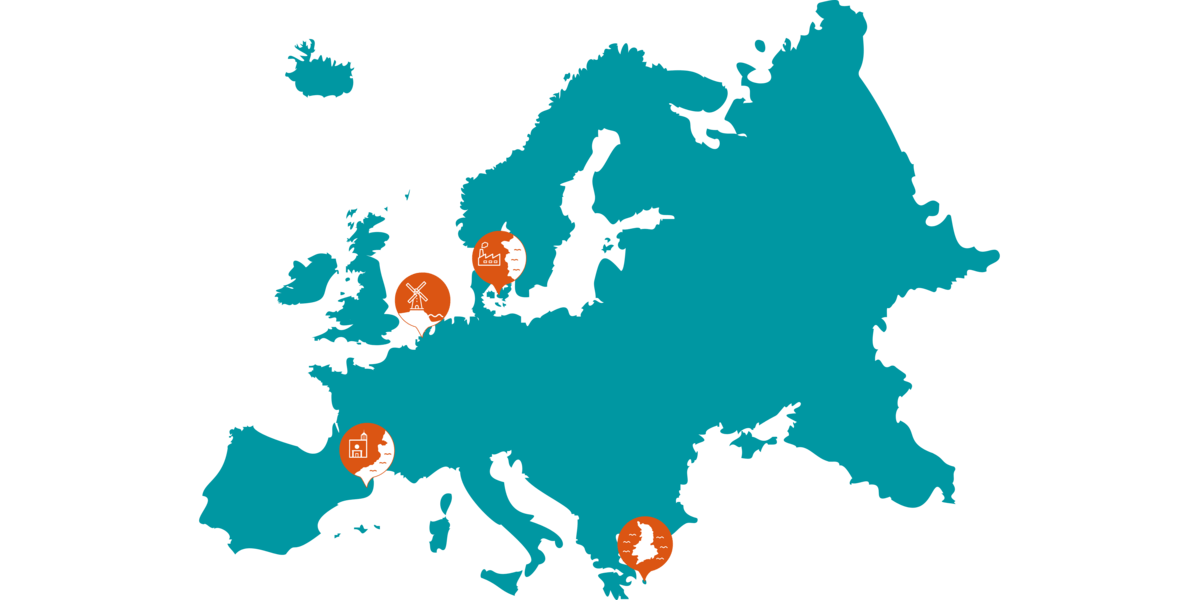About the RECREATE Project
RECREATE (Reliability and Effectiveness of Integrated Alternative Water Resources Management for Regional Climate Change Adaptation) is a Horizon Europe project that aims to strengthen water resilience in regions facing increasing water stress due to climate change.
Across Europe, water scarcity is becoming more frequent and severe, affecting people, ecosystems and economies. RECREATE supports the integration of Alternative Water Resources (AWR), such as treated wastewater, desalinated water, rainwater and aquifer recharge, into regional and local water management strategies. These alternatives can complement conventional sources, helping to secure safe, reliable and sustainable water supplies.
Through collaboration with local communities, decision-makers and technical experts, RECREATE will identify and demonstrate innovative, cost-effective and socially accepted solutions for AWR use. The project will also develop adaptable strategies that take into account diverse environmental, regulatory and cultural contexts.
With four real-world case studies across Europe, RECREATE is paving the way for more resilient water systems, helping communities adapt to climate change while protecting natural resources for future generations.

